Personalization in Dental Education
The field of dental education is evolving rapidly, and one of the most significant trends is the move toward personalized training tools. As dental procedures become increasingly specialized, the need for custom dental training models has grown. These models provide students with realistic, hands-on experiences tailored to their unique learning needs, ensuring they are better prepared for real-world scenarios.
The Importance of Custom Dental Training Models
Dental training models are indispensable tools for students and professionals alike. They bridge theoretical learning and clinical practice, allowing learners to hone their skills in a safe and controlled environment. However, generic models may not always address the diverse needs of dental students. Custom models fill this gap by providing tailored solutions replicating specific conditions or challenges.
Key Benefits of Customization in Training Models
Realistic Simulation of Unique Cases
Custom models can replicate dental conditions, from everyday issues to rare anomalies. This variety helps students gain experience with cases they are likely to encounter in their careers.
Enhanced Learning Outcomes
When training models are designed to align with a student’s curriculum or specific area of interest, the learning process becomes more focused and effective.
Improved Confidence and Competence
Practicing models tailored to specific procedures or patient demographics helps students build confidence and master their techniques.
Flexibility for Educators
Custom models allow educators to create specialized training programs, ensuring all students meet their educational goals.
Modern Technology Driving Customization
Advancements in technology have made it easier than ever to create custom dental training models. Here are some of the tools and techniques that make this possible:
3D Printing
3D printing allows for the rapid production of precise and detailed dental models. Educators can design models based on specific parameters and print them in various materials to replicate real-world conditions.
Digital Scanning and CAD/CAM Technology
Digital scans of actual dental cases can be used to create highly accurate replicas. Computer-Aided Design (CAD) and Computer-Aided Manufacturing (CAM) systems ensure that these models meet the exact specifications required for training.
Artificial Intelligence (AI) Integration
AI-powered systems can analyze data from actual dental cases and generate models that simulate specific challenges. This technology also allows for real-time feedback during practice sessions.
Pros and Cons of Custom Dental Training Models
Pros:
- Tailored Learning: Students can focus on specific skills or procedures relevant to their future practices.
- Realistic Practice Scenarios: Custom models simulate diverse cases, from pediatric dentistry to complex surgeries.
- Better Skill Development: Students get the chance to address unique challenges, improving their critical thinking and adaptability.
- Cost Efficiency Over Time: While initial costs may be higher, reusable custom models provide long-term value.
Cons:
- Higher Costs: Designing and manufacturing custom models may require a larger initial investment.
- Time-Consuming Development: Creating particular models can take longer than using generic options.
- Limited Scalability: Custom models may not always be practical for large-scale training programs with numerous students.
Practical Applications of Custom Models.
Custom dental training models have applications in various areas of education and professional development:
Undergraduate and Postgraduate Programs
Custom models can be tailored to match the curriculum, allowing students to practice procedures such as cavity fillings, root canals, or orthodontic adjustments.
Specialized Training
Professionals like implantology or cosmetic dentistry can benefit from models that replicate complex procedures.
Continuing Education
Dentists who upgrade their skills can use custom models for hands-on training in new techniques or technologies.
Research and Development
Custom models are invaluable for testing new dental tools, materials, or procedures in a controlled environment.
FAQs About Custom Dental Training Models
What are custom dental training models?
Custom dental training models are specially designed tools that simulate specific dental conditions or procedures to meet the unique needs of students or professionals.
How are custom models created?
To ensure accuracy and precision, these models are often created using advanced technologies, such as 3D printing, CAD/CAM systems, and digital scanning.
Are custom models expensive?
While custom models may have a higher initial cost compared to generic options, their tailored nature and reusability often provide greater value in the long term.
Who can benefit from custom dental models?
Dental students, educators, professionals in specialized fields, and researchers can all benefit from using custom models in their training or practice.
Can custom models replicate rare dental conditions?
Yes, custom models can be designed to replicate even the most unusual cases, providing students with invaluable experience handling diverse challenges.
The Future of Personalized Dental Education
Custom dental training models represent a significant advancement in dental education. By addressing the unique needs of students and educators, these models ensure that training programs are more effective, efficient, and engaging. With the integration of modern technologies like 3D printing and AI, the possibilities for customization are virtually limitless.
As dental education evolves, personalized training solutions will become increasingly important in preparing the next generation of dental professionals for success.

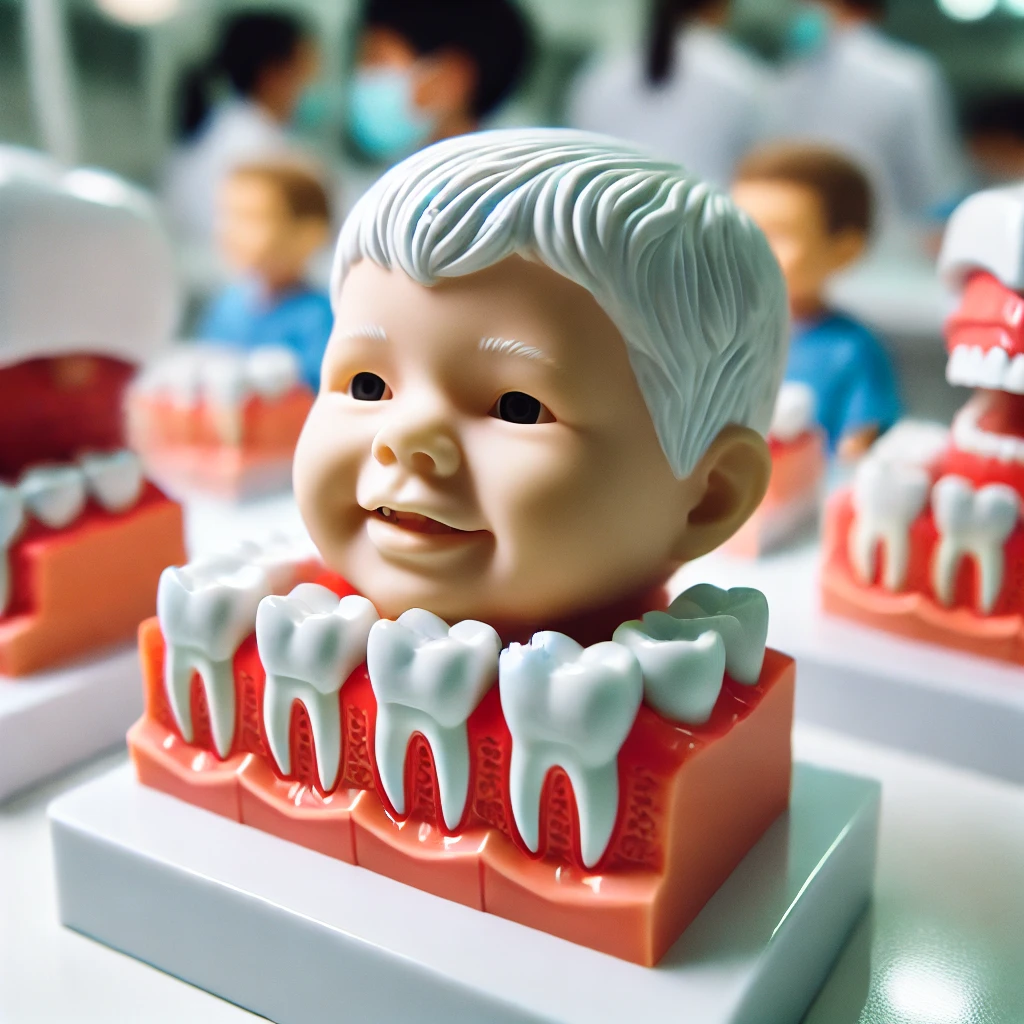
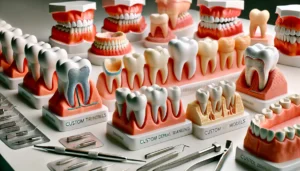
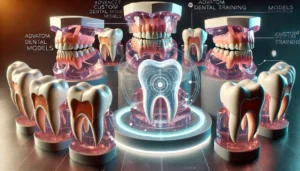
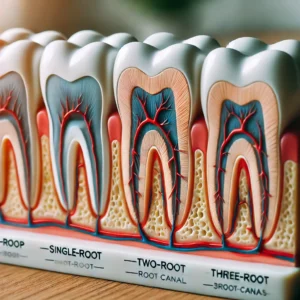
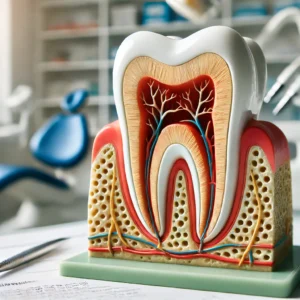
No comment yet, add your voice below!